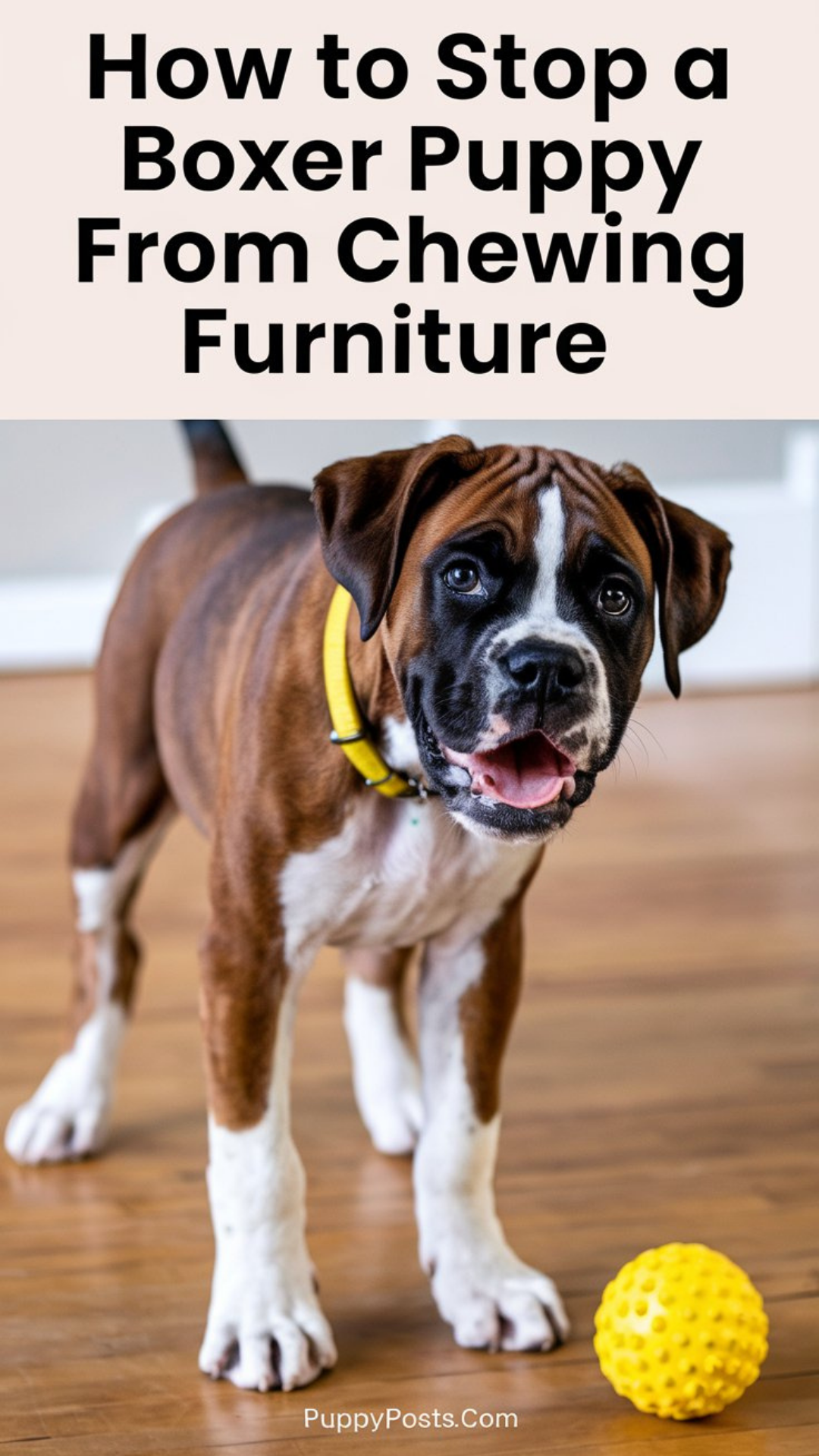How to stop a Bulldog from barking excessively
Let me lay it out straight: Bulldogs aren’t known for being yappers. But when they bark—and bark a lot—you better believe something’s off. I’ve worked with enough Bulldogs in my practice and sanctuary to know this: when a Bulldog barks excessively, it’s trying to tell you something. Your job? Listen, assess, and correct it—firm but fair.

Understand Why Your Bulldog is Barking
Before you reach for gadgets or gimmicks, do the work. Ask yourself: why is my Bulldog barking like this? Here are the usual suspects:
- Boredom or under-stimulation
- Separation anxiety
- Territorial behavior
- Medical issues—pain, discomfort, or confusion
- Attention-seeking (yep, they’re not above it)
If you don’t identify the “why,” you’re just slapping duct tape on a busted pipe.
Don’t Reward the Noise
Here’s what I tell every dog owner who walks into my clinic whining about the barking: If you pet the dog when it barks, you’re the problem.
Sorry, but that’s the truth.
- Don’t give eye contact.
- Don’t talk back.
- Don’t give treats, toys, or attention during barking spells.
Even yelling “NO!” counts as engagement. And guess what? To a Bulldog, any attention is good attention.
Give the Dog a Job
Bulldogs may look like couch potatoes, but they need mental stimulation or they’ll make their own “fun”—like barking at every leaf that blows past the window.
- Add puzzle toys.
- Rotate chew toys so they don’t get stale.
- Teach new commands—even if they already know “sit,” reinforce it. Give them purpose.
A Bulldog that’s mentally tired doesn’t have energy left for nonsense.
Exercise—Not Just a Walk Around the Block
No, you don’t need to take your Bulldog on a marathon. But short, consistent walks and a structured routine go a long way in draining anxious or reactive energy.
- Twice a day, 15–30 minutes.
- Controlled pace, leash in your hand—not the dog’s.
- Mix in short training commands during the walk to engage their brain.
A physically AND mentally tired Bulldog won’t bark for no reason.
Don’t Baby the Anxiety
If your Bulldog barks when you leave the house—or even when you leave the room—don’t go all dramatic. That only feeds the anxiety.
- Practice short departures. Leave the room. Come back silently.
- Avoid emotional goodbyes or over-the-top greetings.
- Give them independence—crate training can help here if done correctly.
You’re not being cold. You’re building emotional resilience.
Desensitize the Triggers
Is your Bulldog barking at the mailman? The neighbors? Squirrels? Then you’ve got a reactive trigger on your hands. We fix that with slow exposure and calm correction.
- Let them see the trigger from a distance.
- The moment they stay calm, reward that.
- The moment they bark—correction (a sharp “uh-uh” or a leash redirection).
- Repeat. Daily. Consistently.
Don’t just yell across the house. Go handle it. Be present. Be firm. Be fair.
Medical Rule-Outs Matter
You know what else causes excessive barking? Pain. Cognitive decline. Ear infections. Even digestive discomfort.
If the barking came on suddenly or your Bulldog is older, get a proper vet check before you assume it’s all behavioral. Don’t skip this step. I’ve seen dogs bark because of hidden tooth pain for weeks—until the owner finally listened.
Final Word from the Jersey Doc
Look, your Bulldog’s not broken. You don’t need shock collars or gimmicky fixes. You need consistency, calm authority, and a little discipline—for both of you.
Don’t match their energy with your own frustration. Be the thermostat, not the thermometer. Set the tone in your home. Make it clear: barking doesn’t get them anywhere. Obedience, calm, and engagement? That’s what earns the reward.
You’re the pack leader—act like it.







